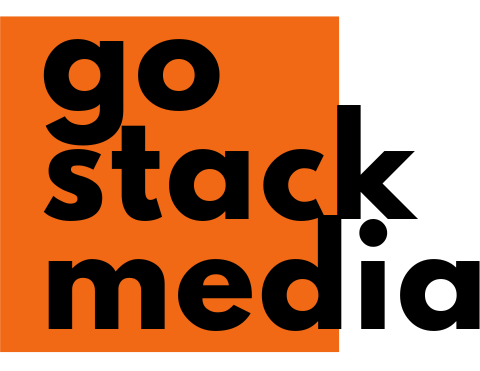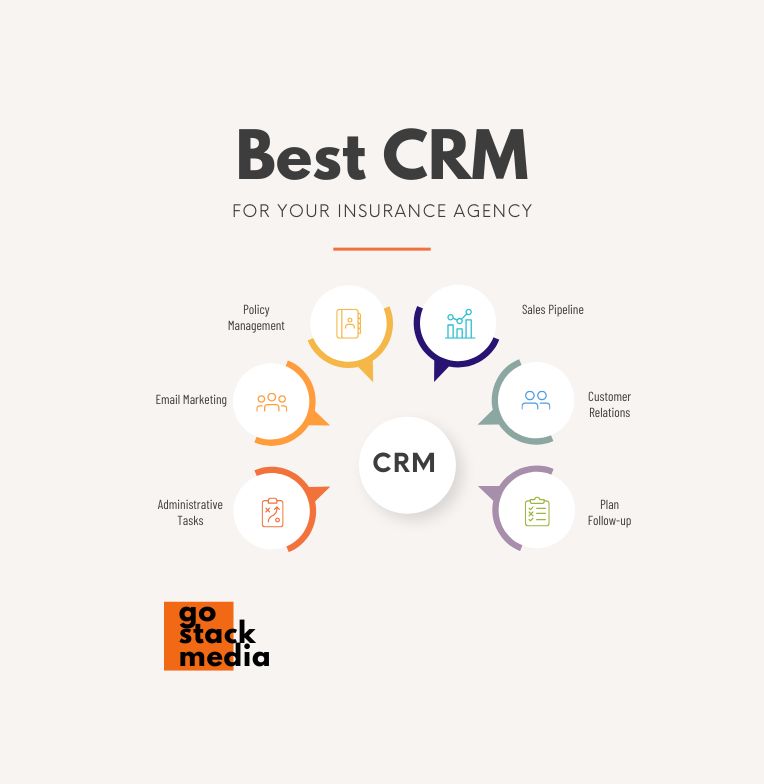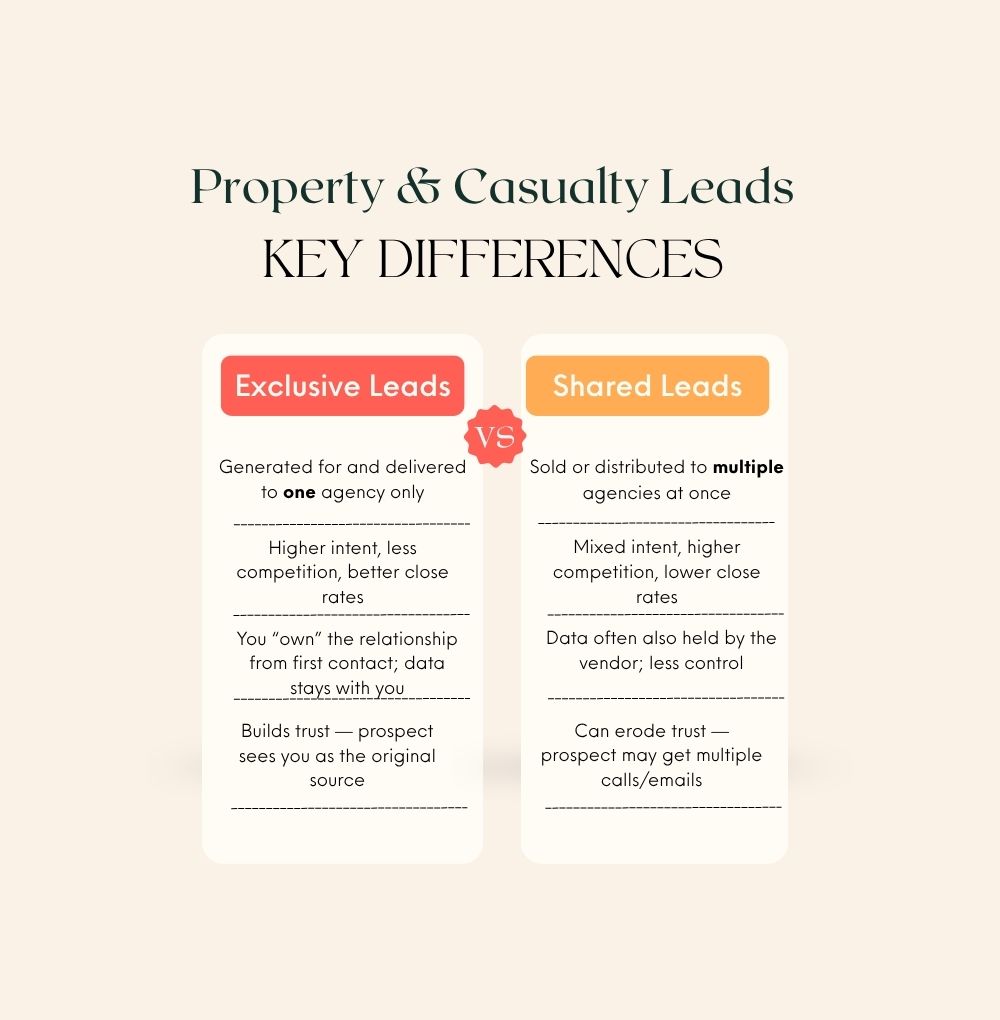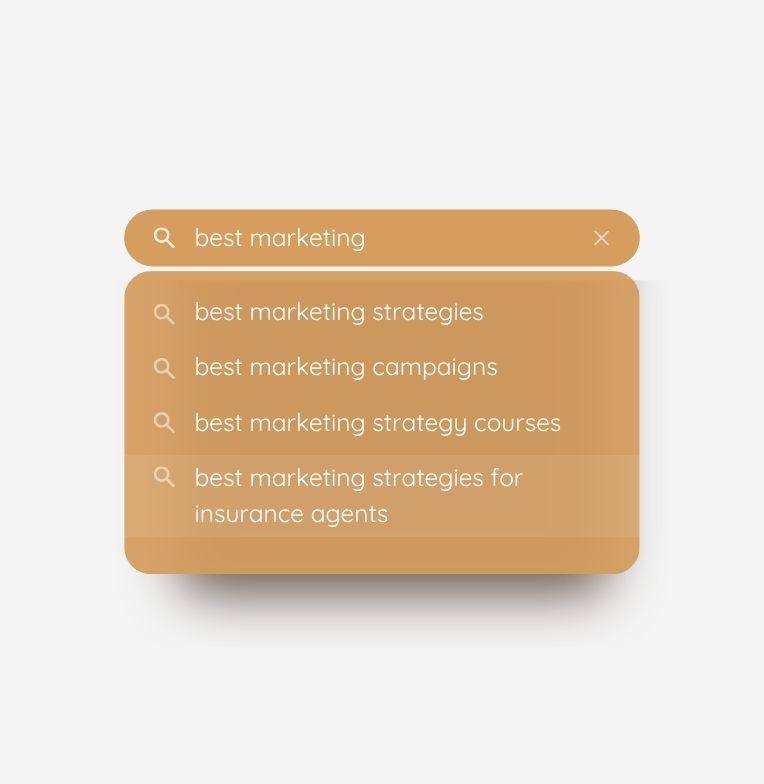Table of Contents
Welcome to Part 4 of our SEO mini-course! If you missed Part 1 you can check that out here.
You’ve already learned about on-page SEO, which is all about optimizing elements directly on your website.
In keeping with the gardening metaphor, if on-page SEO is the mulch, plants, and design of your garden, then off-page SEO is the buzz you create beyond your gate that makes people want to visit.
Off-page SEO is all about building your website’s reputation and authority by leveraging relationships outside of your own site.
In this article, we’re getting into how to grow your online visibility beyond the content on your website. We’re defining what “off-page” means and including tips and actionable steps to put into place now.
What Is Off-Page SEO?
Off-page SEO refers to activities done outside your website to improve its rankings.
It’s like being the star of the neighborhood—getting people to talk about and visit your garden (website) which builds trust, authority, and popularity.
The more respected your site is, the more search engines trust it, and the higher it can rank in search results.
The key elements of off-page SEO are:
- Backlinks
- Social media mentions
- Local directories
- Brand mentions
- Forum participation
The Power of Backlinks
Backlinks are the bread and butter of off-page SEO. Simply put, they’re like endorsements from other websites.
When another site links to yours, it’s like saying, “This website is worth checking out!” Search engines treat backlinks as a vote of confidence, which is why they’re such an important ranking factor.
Not all backlinks are created equal—getting a link from a reputable site is much more valuable than one from an obscure blog. So how do you get these coveted backlinks?
Strategies for Earning Backlinks
Create High-Quality Content: One of the best ways to earn backlinks is to publish content that others find valuable. This could be a helpful blog post, a detailed guide, or an infographic that other sites want to share.
Guest Posting: Write articles for other reputable websites in the insurance or related industries. Not only does this help build backlinks, but it also establishes you as an authority in the field. Is it more work? Yes. And this is why this strategy is often overlooked.
Local Partnerships: Partner with other local businesses. If your agency supports a community event, sponsors a local charity, or collaborates with other professionals, ask them to mention your agency on their website and link to yours.
Pro Tip: Quality matters more than quantity. A few backlinks from authoritative sites are much more powerful than a large number of low-quality links.
Social Media Matters Too
While social media shares may not directly impact your rankings, they’re a great way to drive traffic to your website and increase brand visibility.
When people share your content, it’s like spreading word-of-mouth buzz about your garden party—more people will hear about it and want to come see for themselves!
How to Use Social Media for Off-Page SEO
Share Your Content Regularly: Post links to your blog articles, guides, or special offers on social media to increase engagement.
Engage With Your Audience: Respond to comments, join relevant conversations, and be active. The more you engage, the more likely people are to check out your website and link to it.
Encourage Sharing: Make it easy for readers to share your content by adding social sharing buttons to your blog posts and web pages.
Pro Tip: Don’t just post and ghost! Consistent engagement on social media keeps your brand top of mind and encourages more shares and visits to your site.
Get Listed in Online Directories
For insurance agencies, local visibility is crucial. Getting listed in online directories like Google My Business, Yelp, or industry-specific directories is a great way to improve off-page SEO.
These listings help establish your agency as a trusted local provider and make it easier for potential clients to find you.
Make sure your NAP (Name, Address, Phone Number) is consistent across all listings. Inconsistent information can confuse both search engines and customers, which isn’t good for rankings or user experience.
Brand Mentions: Building Authority
Sometimes, people talk about your agency without linking directly to your website—these are called brand mentions. While they’re not as powerful as backlinks, brand mentions still have an impact on your online reputation.
How to Maximize Brand Mentions
Set Up Alerts: Use tools like Google Alerts to monitor when your brand is mentioned online. If you find a mention without a link, reach out and politely ask if they could add a link to your site.
Be Involved in Your Industry: Participate in industry events, webinars, or podcasts. The more you put your agency out there, the more people will talk about it.
Pro Tip: Good PR and networking go hand in hand with off-page SEO—being known as a trusted and authoritative source in your field will naturally lead to more mentions and backlinks.
Off-Page SEO Is About Trust and Authority
At its core, off-page SEO is about building trust and authority. Search engines want to recommend websites that are credible, popular, and relevant. By cultivating relationships with other sites, being active in your community, and getting people talking about your agency, you can boost your website’s reputation and, ultimately, your rankings.
Key Takeaway: Off-Page SEO Extends Your Reach
Off-page SEO helps build your website’s reputation beyond its own content. It’s about getting people to talk about your garden (website), link to it, and recognize it as a trustworthy source of information.
By focusing on earning quality backlinks, engaging on social media, and getting listed in reputable directories, you’re creating a buzz that will bring in more traffic and help your site rank higher.
Next Steps
- Reach out for guest posting opportunities in your industry.
- Update your Google My Business and other online listings.
- Create content worth sharing and promote it on social media.
That wraps up Part 4 of your SEO mini-course! Next time, we’ll cover Search Intent and how understanding what people are really looking for can make your SEO strategy even stronger.




